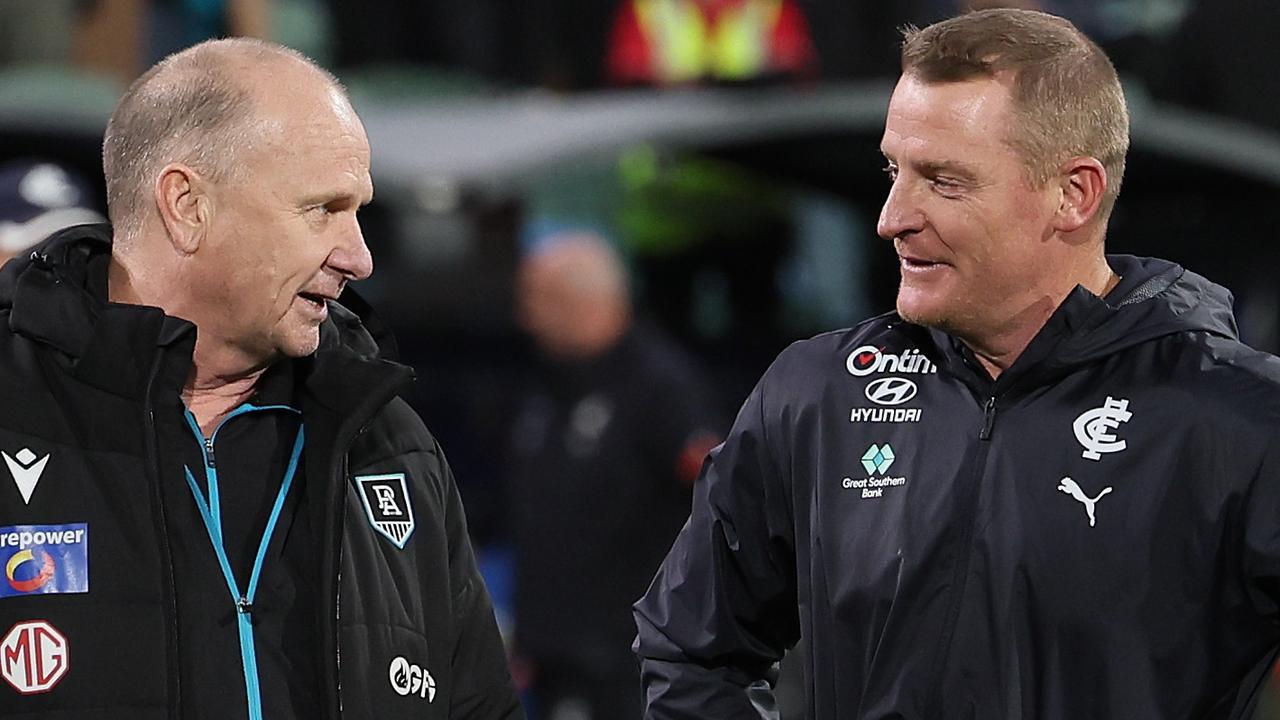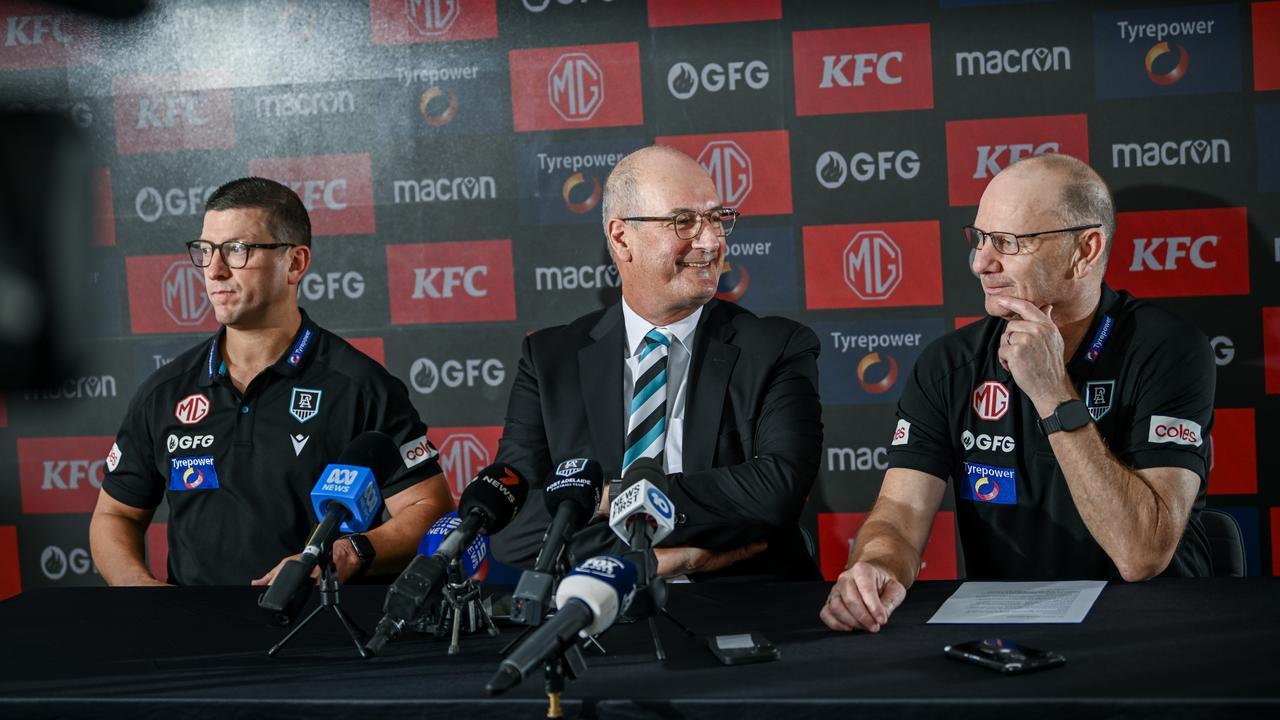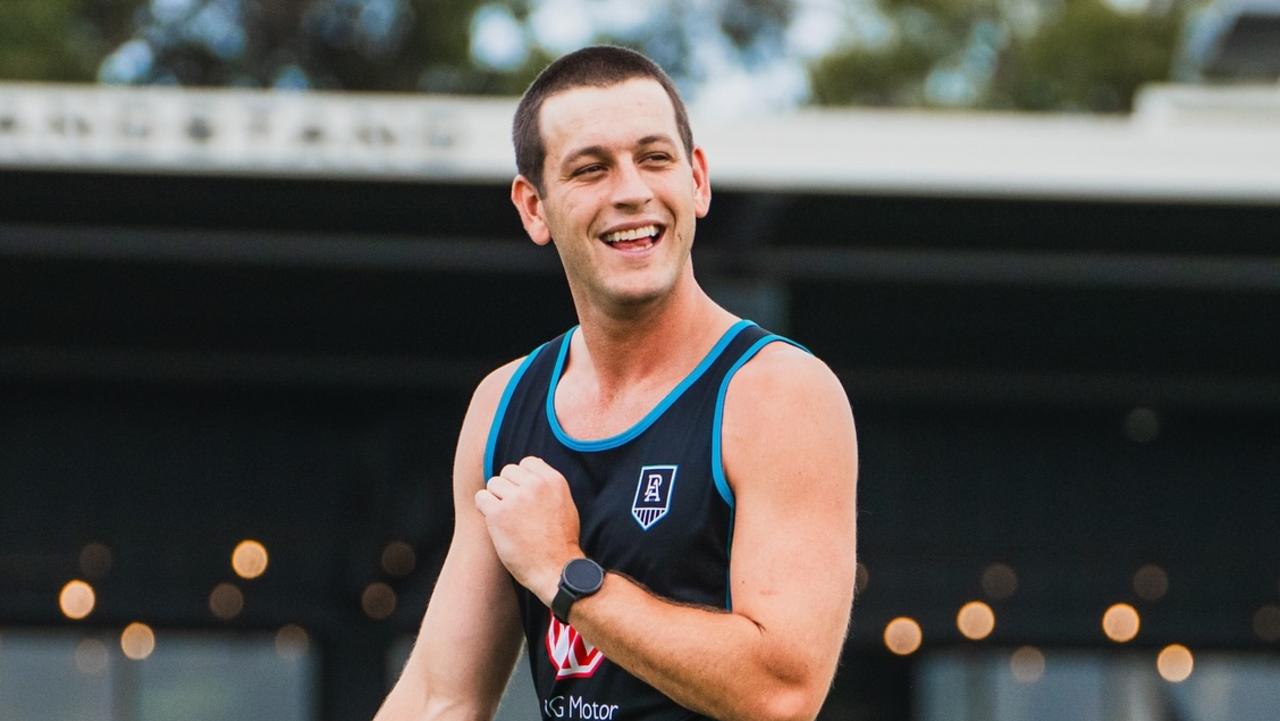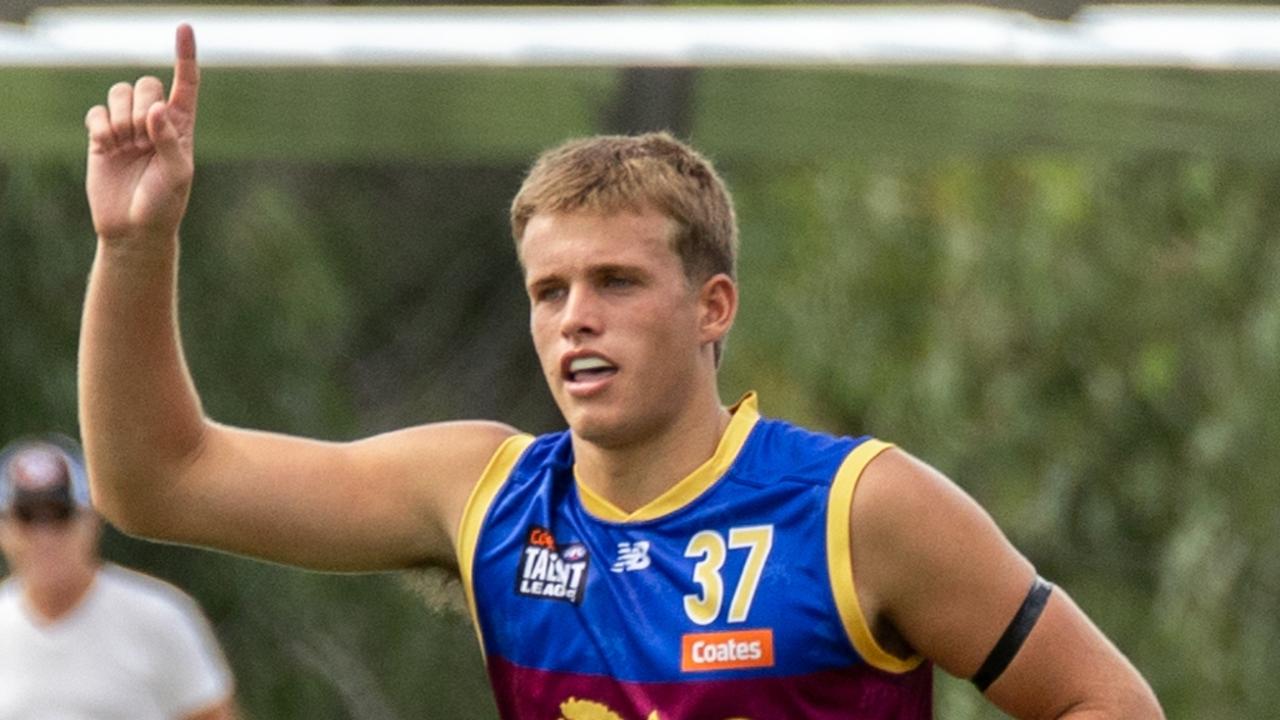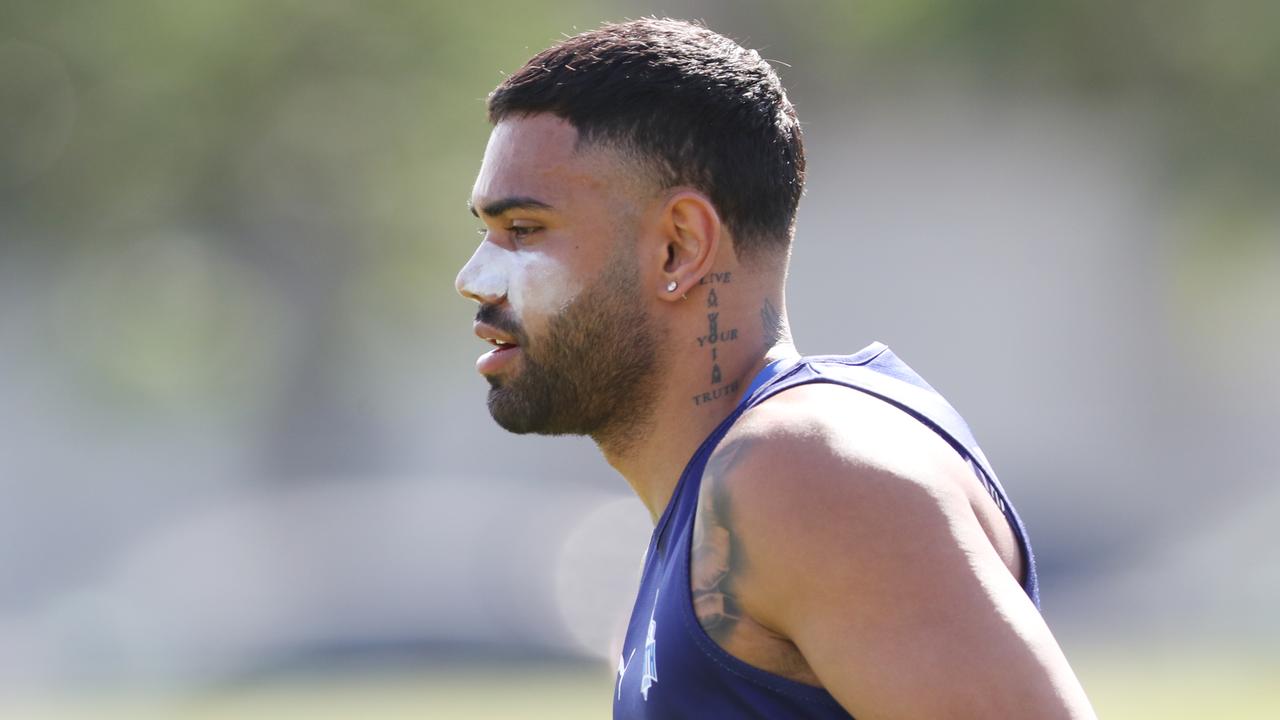USADA boss Travis Tygart slams AFL’s illicit drugs policy as ill-informed
America’s anti-doping boss Travis Tygart has taken aim at the AFL’s contentious illicit drugs policy, saying it could cause a great amount of harm to the AFL’s brand in the general public’s eyes.
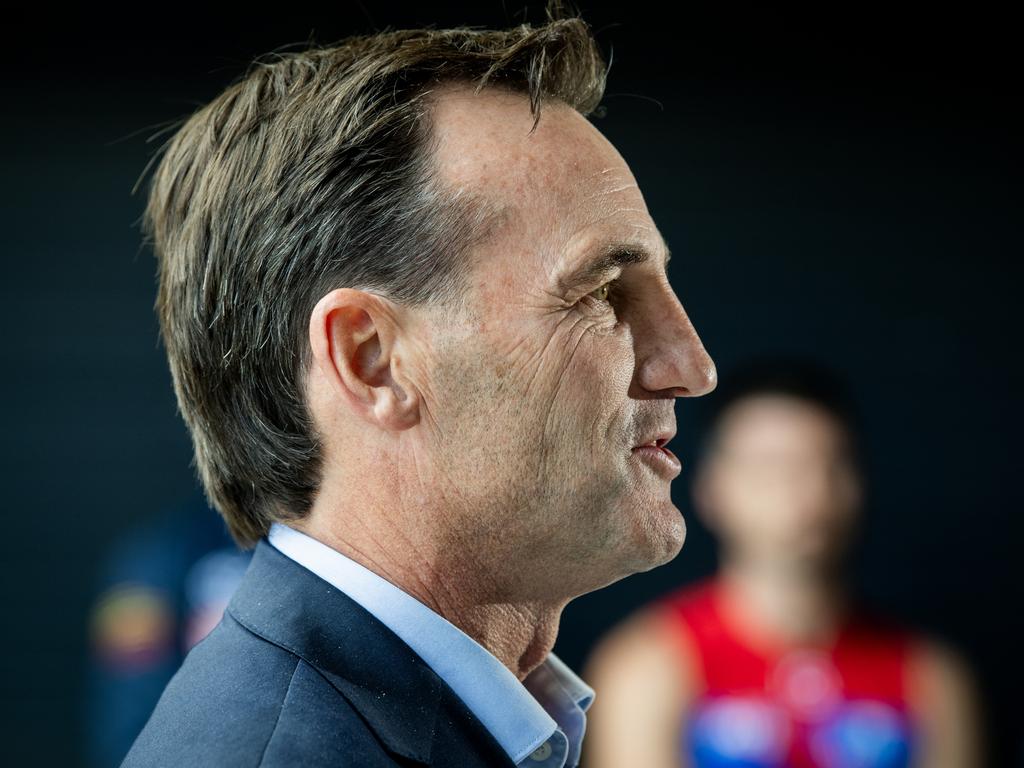
AFL
Don't miss out on the headlines from AFL. Followed categories will be added to My News.
America’s anti-doping boss Travis Tygart has taken aim at the AFL’s contentious illicit drugs policy, saying it is “incredibly ill-informed” and needs an overhaul for the sake of its participants and fans.
One of the anti-doping campaigners who helped to expose Lance Armstrong, Tygart said the AFL’s three-strikes policy might have been well-intentioned, but it had the potential to cause “tremendous harm” to the brand.
It comes as this masthead revealed late last month that about 100 current players had been granted secret immunity from the AFL’s three-strike drugs policy, following federal MP Andrew Wilkie exposing evidence of “off the books” drug tests.
While the AFL has defended its ‘clinical intervention model’, the man who has been chief executive of the US Anti-Doping Agency since 2007 said the league needed to make immediate changes.

Asked if he believed a three-strikes policy worked, Tygart told Channel 7: “I don’t think so. It’s much more complex and nuanced than just saying ‘three strikes and that’s it’, particularly as it sounds like there was an effort to avoid strikes.”
“That’s not aimed at getting help from a medical standpoint.
“Ultimately, it has now caused tremendous harm to their brand.”
He said “off the book” testing to avoid match-day positive tests “was incredibly ill-informed, it wasn’t transparent, (a lack of) accountability behind it.”
“It reeks of nefarious behaviour …
“We (all) strive for perfection, but when we mess up, admit it, acknowledge it and vow to do better.”
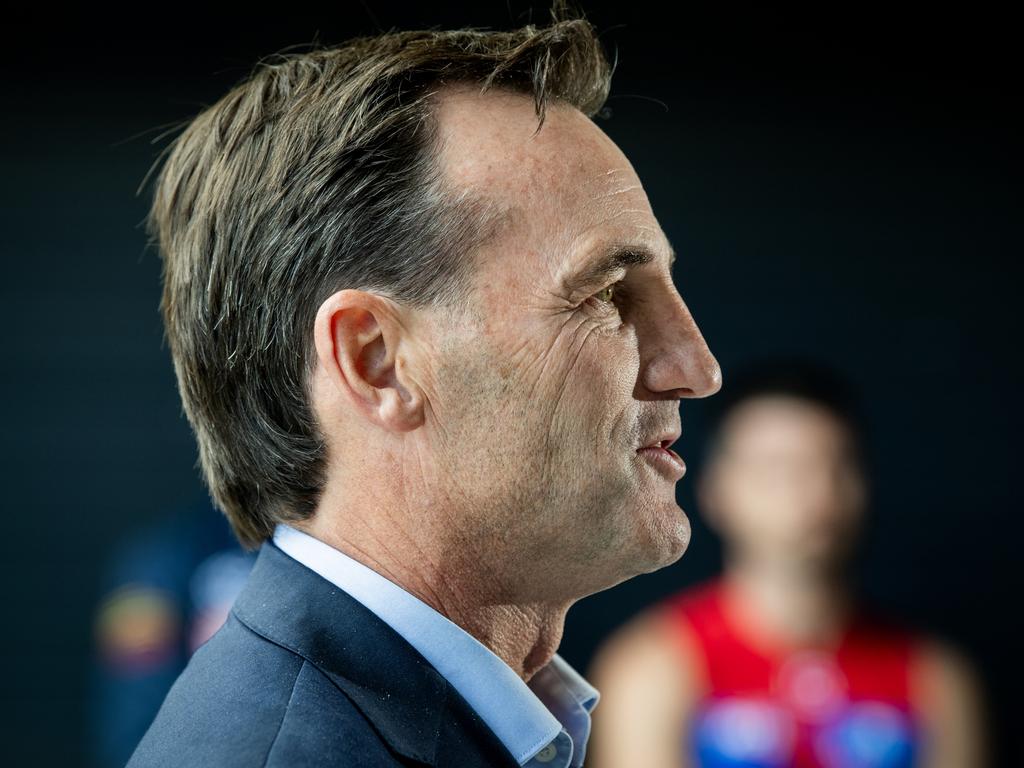
AFL chief executive Andrew Dillon has staunchly defended the current policy, but stressed the league was working with key stakeholders on revamping the code, which dates back to 2005.
“It’s been part of the Illicit Drugs Policy, the clinical intervention tests, and they will continue to happen, because what we’re trying to do is prioritise the health and safety of our players,” Dillon said.
“We don’t want our players – if there’s a chance they might have a substance in their system – we don’t want them training, and we don’t want them taking part in matches, for their health and welfare, above anything else.
“The doctors have to make that call in conjunction with the player. It’s (the) private medical information of the players.”
Dillon said only a small number of players fitted this category.
More Coverage
Originally published as USADA boss Travis Tygart slams AFL’s illicit drugs policy as ill-informed




